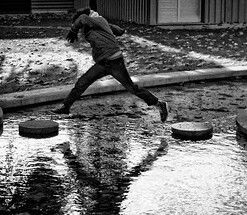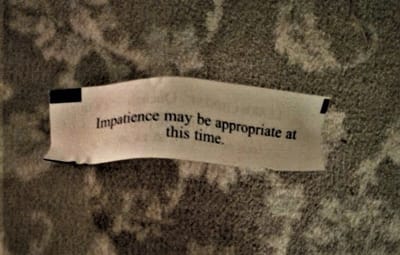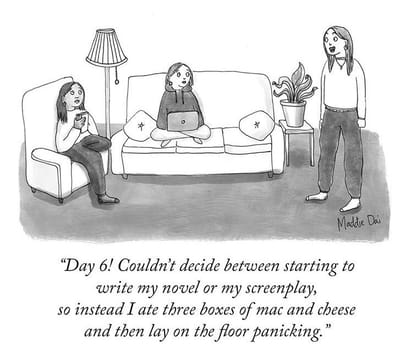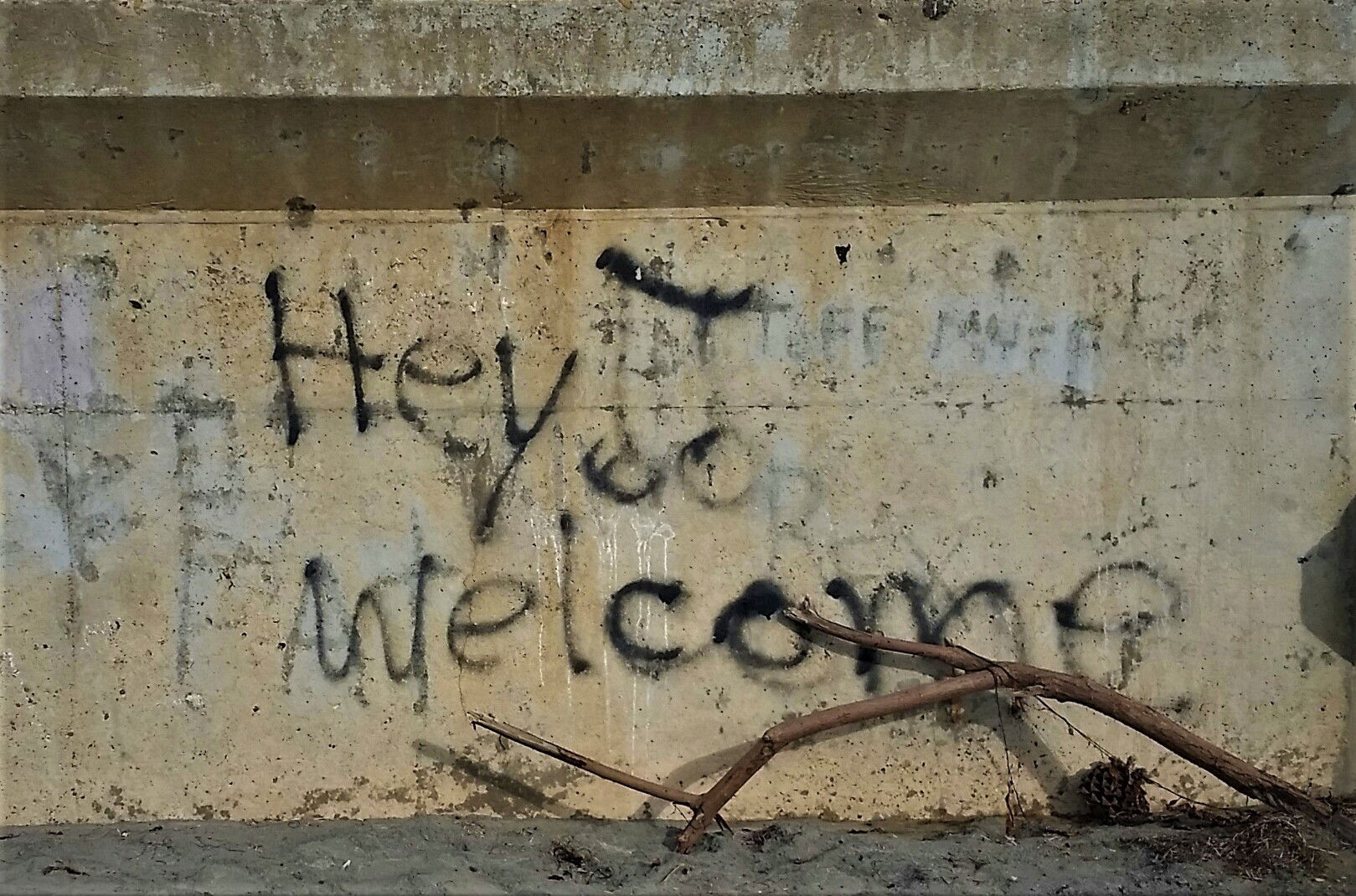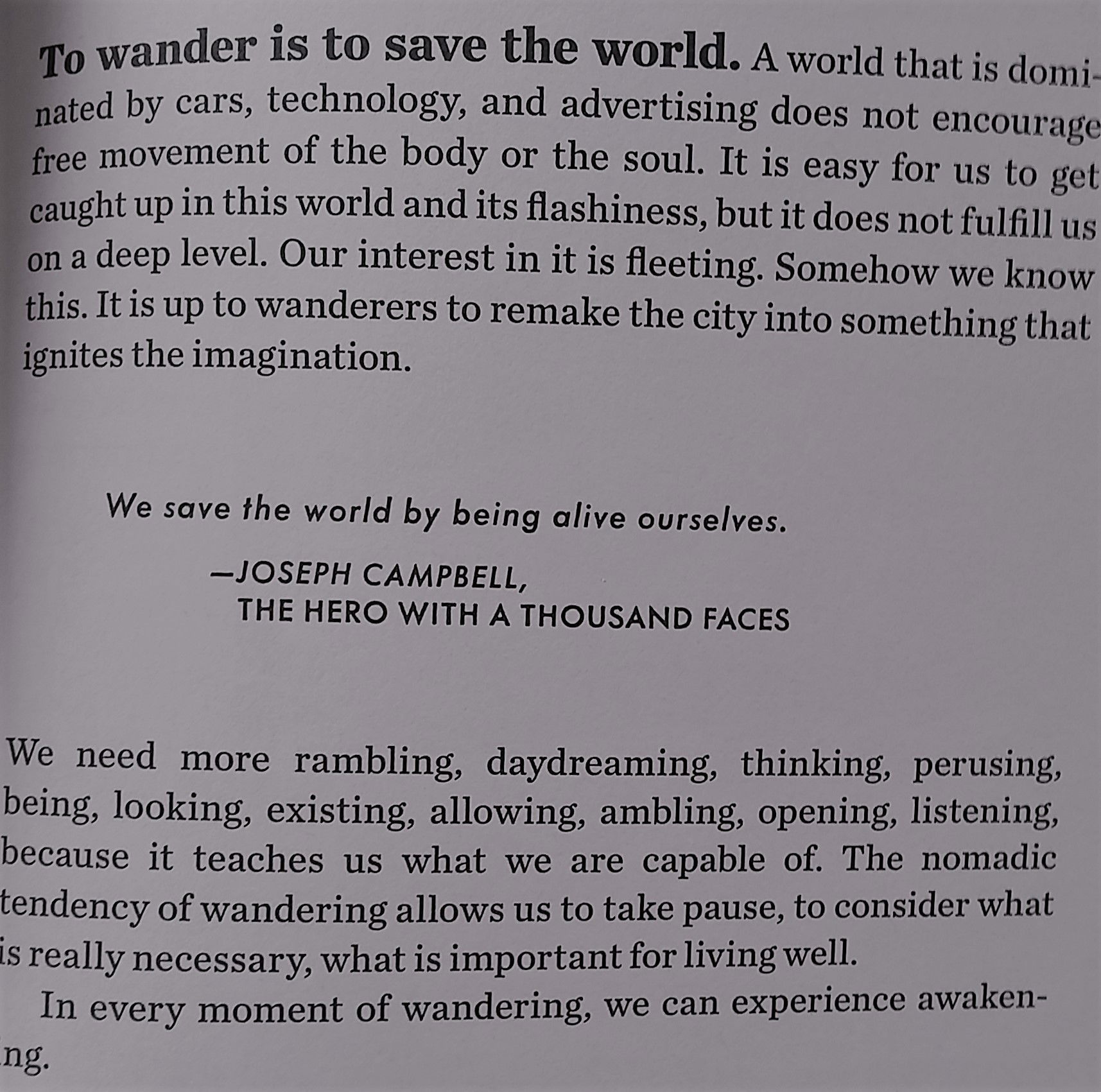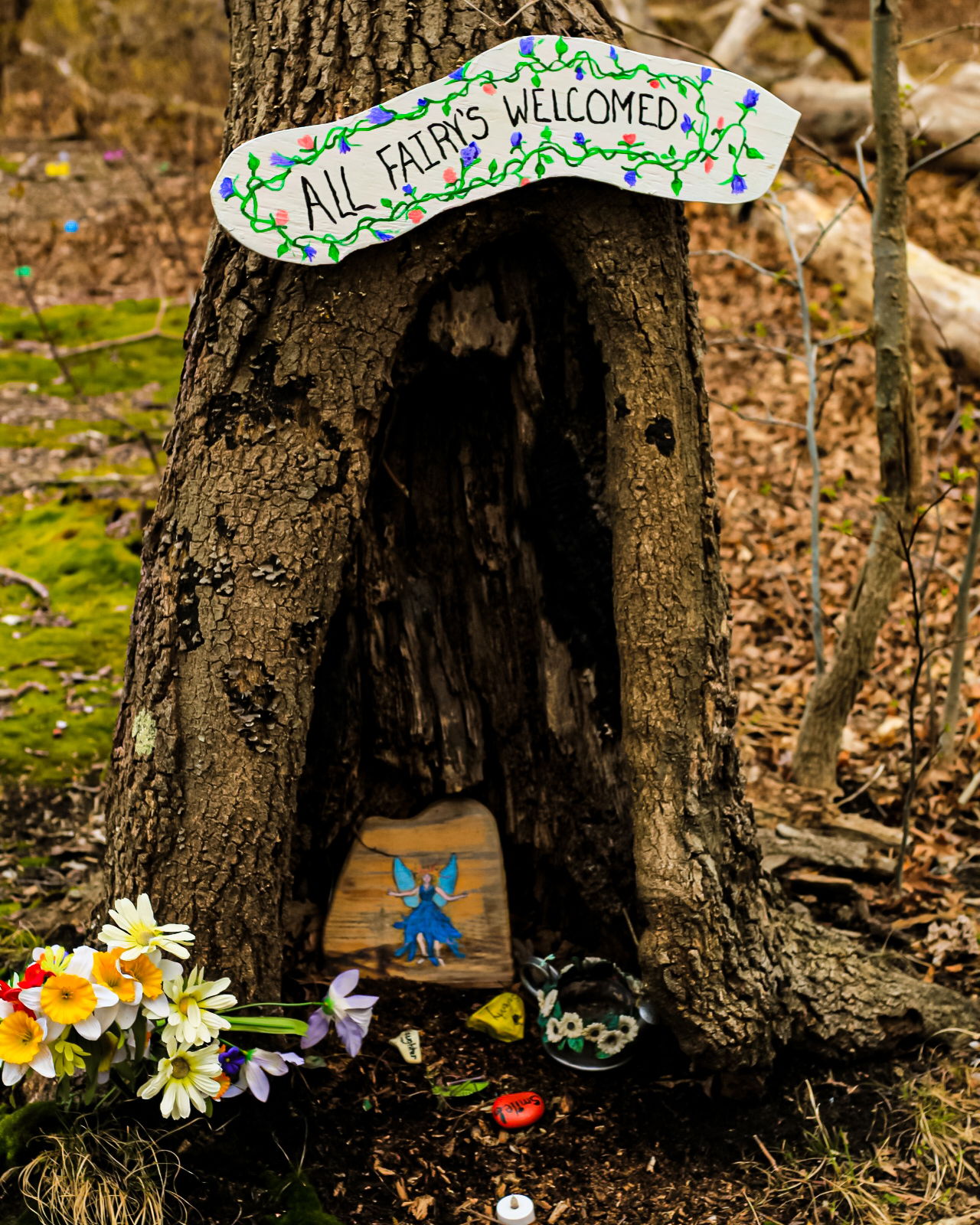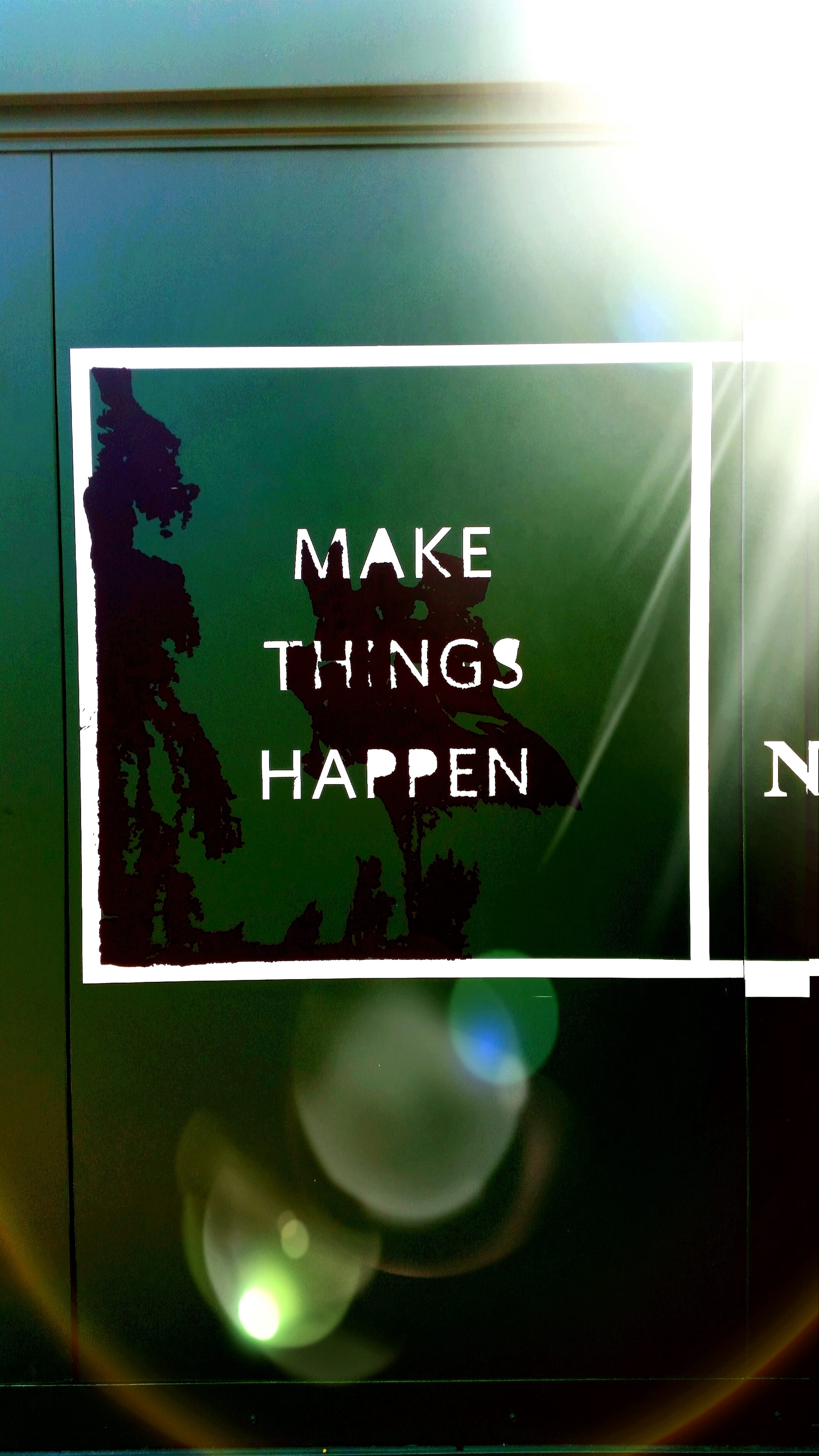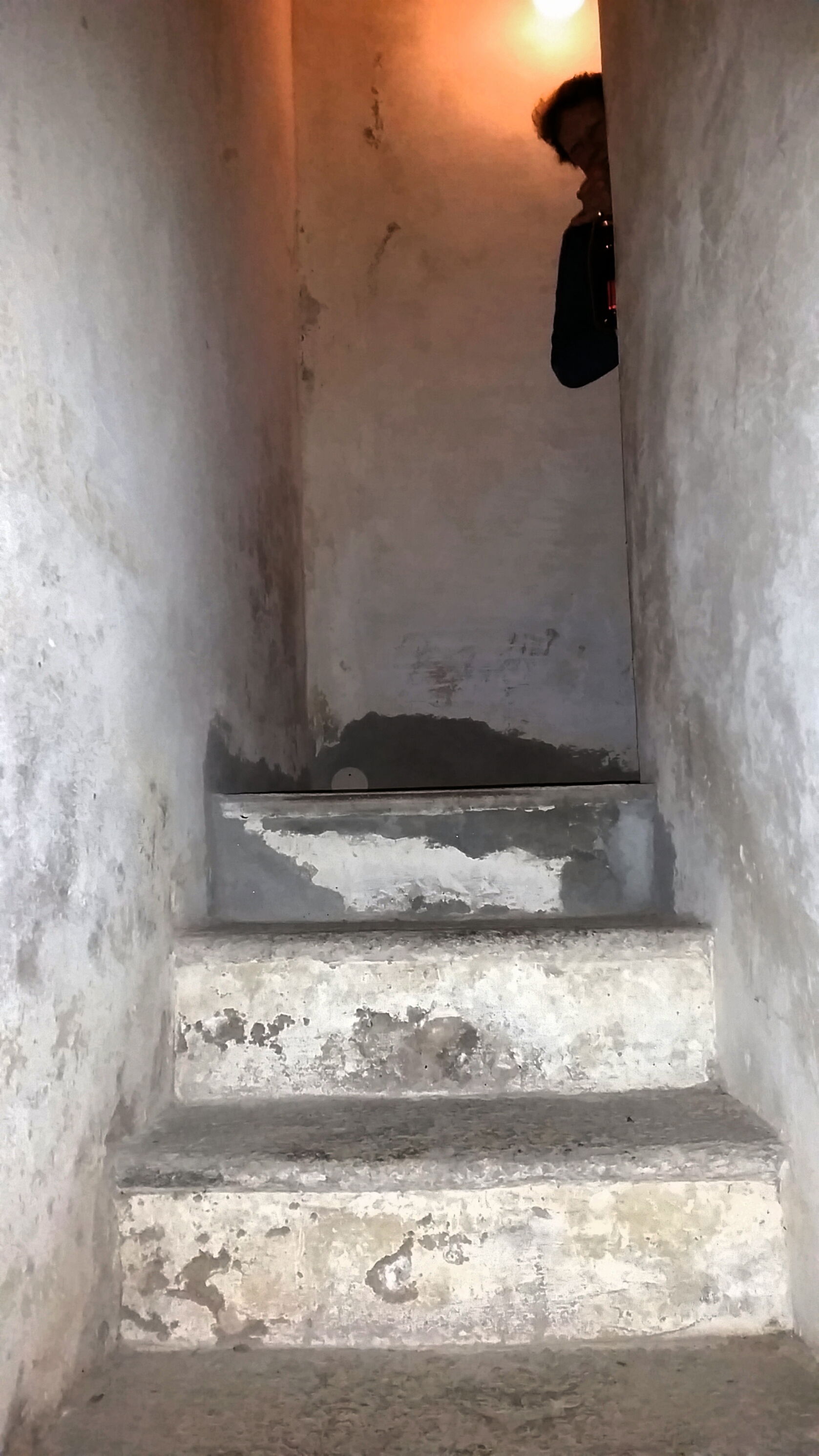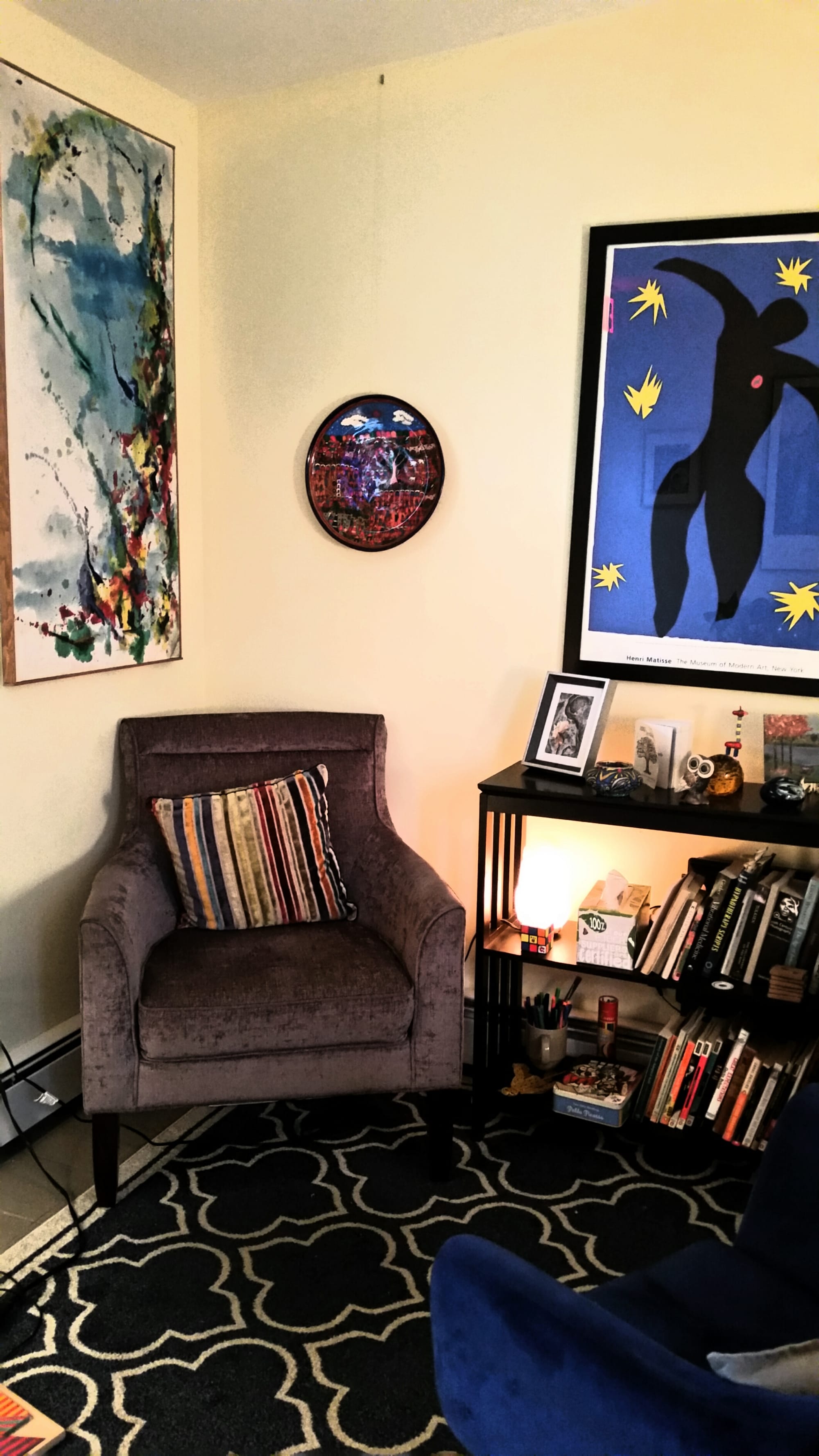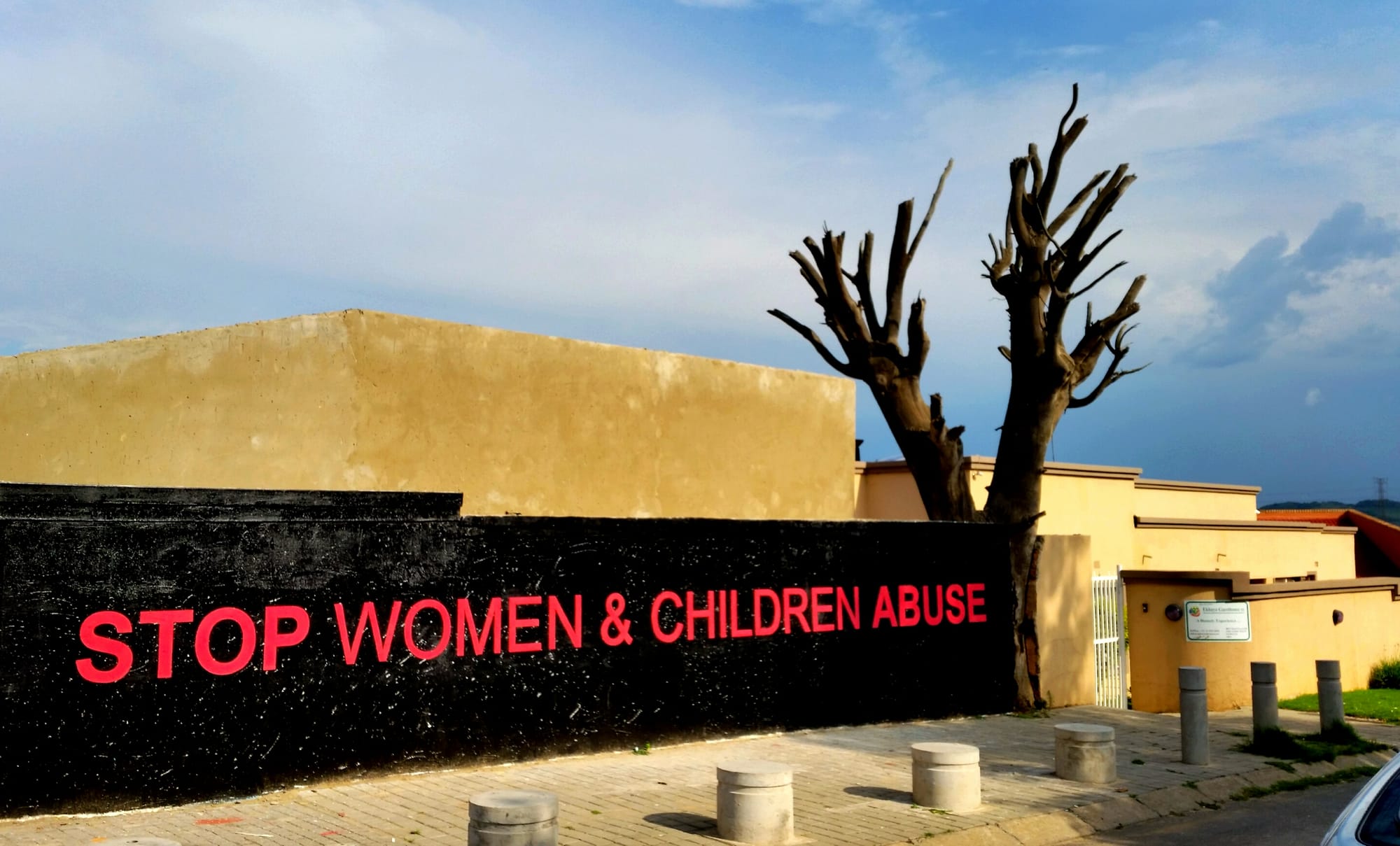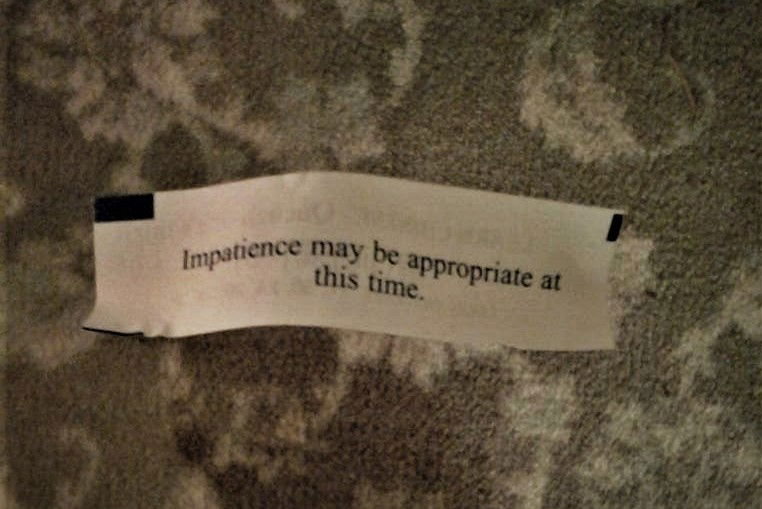Center Psychotherapy
Margaret Mary Cunniff,
LCSW LCADC SEP
Avon New Jersey
About
About me: My name is Molly, and I am a social work-trained psychotherapist who has worked my entire career as a clinician. I have decades of experience in social service, mental health and addiction recovery settings, and I’m skilled and very comfortable working with stress, mood, trauma and psychiatric disorders. I also have particular expertise assisting adolescents and young adults struggling with transitional life crises, which may involve serious psychiatric or substance abuse issues. As we live in a complex and disorienting world,
I employ a practical style of therapy rooted in a hopeful, first-things-first approach.
About Center Psychotherapy: I chose this name for my practice as it reflects the kind of process I try to cultivate: how to get to balance, from the edges, when in the grip of chronic or traumatic stress. Before opening this space, I worked for many years in a large interdisciplinary mental health practice with people carrying every imaginable "diagnosis". There, I learned quite a bit about the mechanisms underlying stress, and how they can destabilize mood, emotions and physical health. My work responded to this deeper understanding and in 2018, I opened my own shop and joined with Avon Integrative Health, a collective comprised of chiropractic, naturopathic and massage therapies. I hoped that ready access to professionals with alternative strategies to treat chronic stress would complement my methodology and be helpful for my clientele.
What I know: good therapy helps by promoting mental and emotional flexibility, guided by innate strengths and re-discovery of the creative impulse. Good therapy can enable the restoration of healthy connections between mind, body and the outside world, and prevent or ameliorate serious or chronic mental health issues. Good conversation is part of good therapy: awareness in the present is cultivated, and curiosity stimulated. "Symptoms" of psychological, emotional and physical distress can thus be released, and understanding and transformation made possible.
I carry a BFA in Art Therapy, and earned a Master’s Degree in Social Work from Hunter College of the City University of New York. I am credentialed as an addiction specialist and in a form of mind-body therapy known as Somatic ExperiencingⓇ. I practice painting and photography, and welcome the use of the arts in psychotherapy.

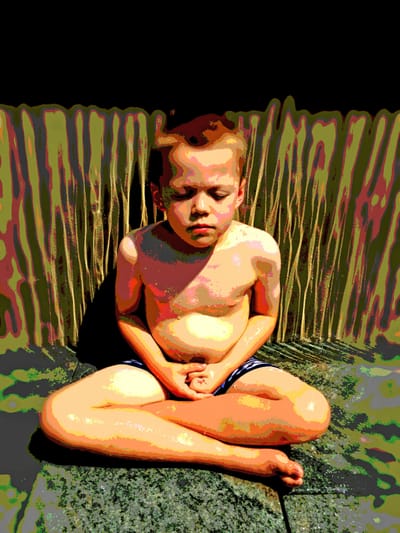

What is Psychotherapy?
Psychotherapy is a series of tailored conversations, the goal of which is improved emotional and psychological well-being. There are many forms of therapy, and each practitioner does things a bit differently. Therapy can focus on changing negative thought patterns, behaviors, or relationship dynamics. It can address family issues from long ago and their influence upon how we feel and think, or clean up communication within our current families. It can assist us to take better care of ourselves, or build confidence; help clarify values, improve communication skills, or provide relief from stress or pain. Mostly, it can open up new possibilities for better health and emotional growth. Psychotherapists work with people of all ages and at any stage of life; individually, in groups or with families. We work in many settings, and collaborate with each other and with other professionals. Psychotherapy is a flexible process: the best therapy starts where the client is, and adjusts itself to address the needs at hand. HOW DOES IT WORK? What can be most valuable about therapy is the process of becoming "unstuck": generally speaking, this is the biggest challenge people are facing when they call a therapist. Feeling defeated is profoundly uncomfortable, and impedes the ability to see things clearly, make decisions or sleep properly. It can cause us to feel unwell physically and contribute to illness; make us lonely, fearful or angry, prevent us from being able to control our behavior, drain us of energy, and rob us of joy and vibrancy. It can slow down, or speed up, our mental processes. Frustratingly, in efforts to free ourselves, we can swing between extremes; sometimes, we have no momentum at all. Good therapy is a collaboration between therapist and client; it ultimately provides “a way out” by tapping into previously unavailable resources for healing, so that a state of relaxed alertness can be achieved. The capacity for creative thought and action can thus be renewed, new skills easier to learn, and proper "fight" restored. HOW SHOULD I START? Make a call to a professional and explain the problem you are having. If the call goes well, set up an appointment. It's important to pay attention to your experience of the first session, and it should be both permissible and helpful to talk about this with the therapist. Most people do not know what to expect from therapy, and a candid conversation at this time can go a long way. Feel free to be in touch with me if you'd like to learn more about how I work.






